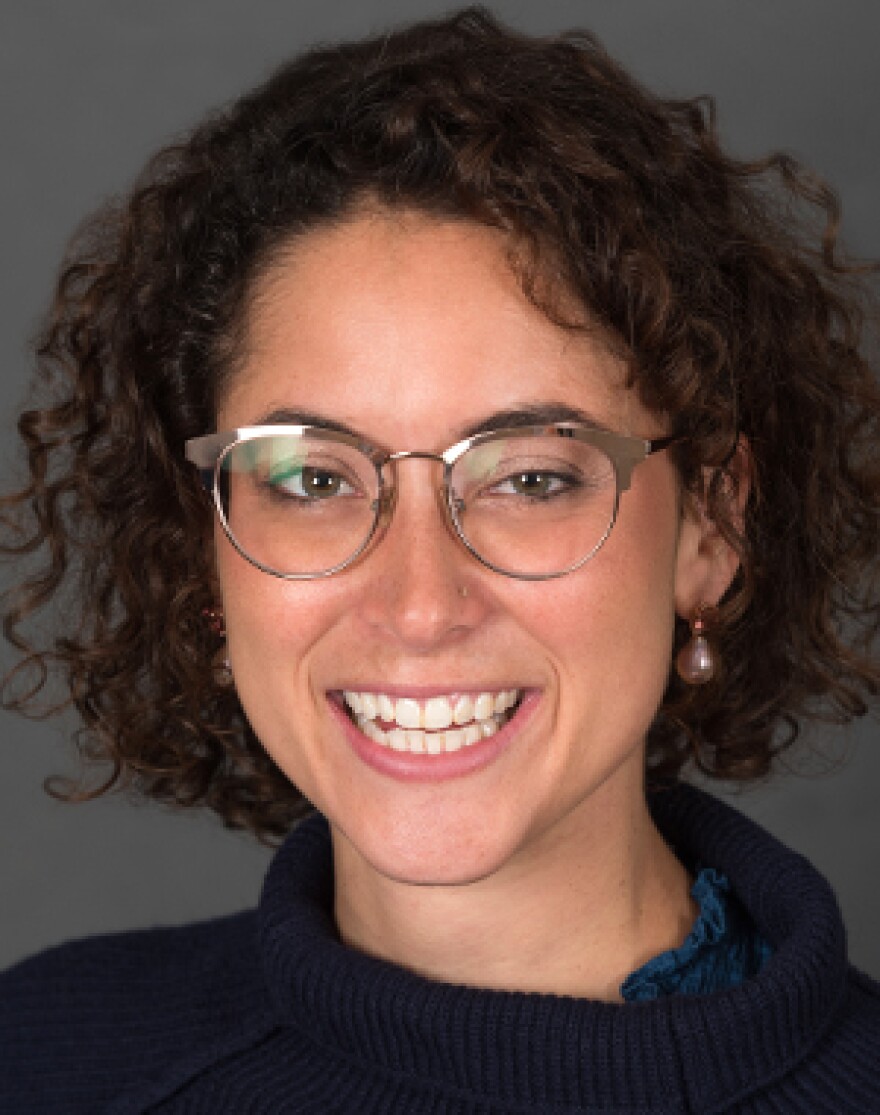Since children don't seem to be a big target of COVID-19, doctors at pediatric hospitals nationwide are pooling their resources to recommend how they can help. Cincinnati Children's Dr. Ashley Jenkins is the co-founder of POPCoRN, or the Pediatric Overflow Planning Contingency Response Network.
Dr. Jenkins says the original idea was to convert pediatric hospitals into facilities that could accept adult patients. That has happened in a few places like New York, Detroit and New Orleans.

But with many states plateauing and moving past their surge, Jenkins says, "(We're) thinking through what is healthcare going to look like as we deal with COVID over the coming months?"
The POPCoRN network is a place where doctors can access educational materials, become part of a working group and join virtual Zoom meetings.
As hospitals think about taking in adult patients, Jenkins says they need to make sure the kids already hospitalized are getting the care the need, and they have extra beds, staff and equipment to treat adults.

Co-founder Dr. Leah Ratner of Boston Children's Hospital, says the group is trying to be as pandemic and community responsive as possible. "Meaning, as the needs of each individual community, institution, individual member and participant, with the changing tide of the pandemic, we are continuing to collaborate in the most beneficial way for those folks."
Ratner, who recently had to be evacuated from Peru where she was working, says "This pandemic has unmasked social inequity that we've long known about." She says it's important to strengthen relationships and reallocate resources.



